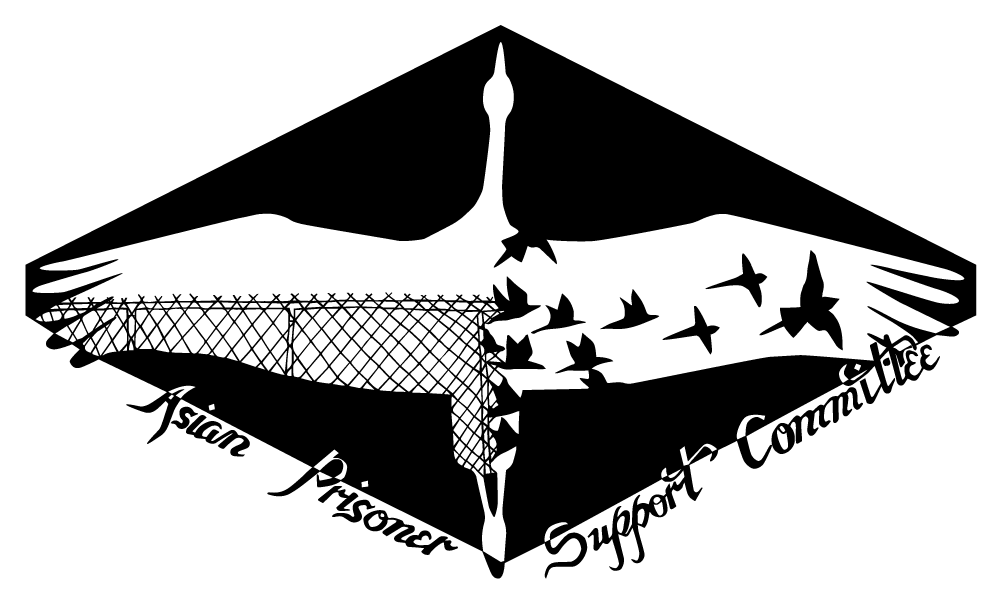
Mission & History
The mission of the Asian Prisoner Support Committee (APSC) is to provide direct support to Asian and Pacific Islander (API) prisoners and to raise awareness about the growing number of APIs being imprisoned, detained, and deported.
Since 2002, APSC has led programs in prisons, organized anti-deportation campaigns, provided resources to “lifers,” and developed culturally relevant reentry programs. APSC grew out of the campaign to support the “San Quentin 3”—Eddy Zheng, Viet Mike Ngo, and Rico Riemedio. The San Quentin 3 advocated for Ethnic Studies at San Quentin and in retaliation by the prison administration—were sent to solitary confinement and transferred to different prisons. After spending months in solitary confinement (up to 11 months), Eddy, Mike, and Rico were released and eventually, all received parole (Eddy 2005, Rico 2007, Mike 2011).
For over a decade, APSC operated as an all-volunteer organization. In 2017, APSC hired its first paid staff employees and opened an office space in Oakland Chinatown. Today, APSC facilitates Ethnic Studies programs in prisons, provides community-based reentry services, and organizes deportation defense campaigns.
Read our Annual Report (2022) to learn more about our programs, finances, and leadership.
Video Credits: KimberLee Webber, TalkOakland.org
Did You Know?
Approximately 190,900 “Others,” including APIs, were reported to be in the state and federal prison system in 2017 (Bureau of Justice Statistics).
During the prison boom of the 1990s, the API prison population grew by 250% while the overall prison population grew by 77%.
(AAPIs Behind Bars Report)
In 2020, APSC provide reentry care to 102 formerly incarcerated reentry clients served of which less than 2% of recidivated.
In 2020, APSC mailed over 3,000 letters, cards, support letters, and newsletters to incarcerated individuals.
In 2020, APSC featured over 550 incarcerated and formerly incarcerated community members’ experiences in narrative change strategies (survey, anthology, media).

